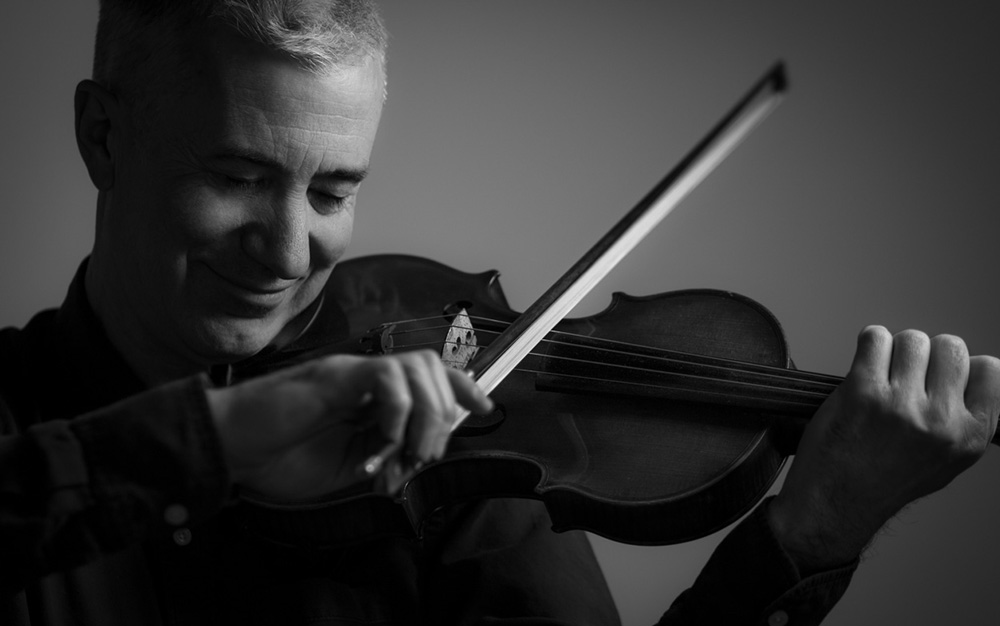I find that musicians have their own unique set of challenges. Musicians are often shamed into keeping quiet about their own issues such as performance anxiety and depression. They exist in a culture where people don’t ask for help and where they learn to adapt by suppressing uncomfortable feelings. As a musician I have been there. It was my own search for help with these issues that led me to become a psychotherapist. By using inquiry, attunement and involvement, I now help other musicians feel deeply, connect to their heart, and build trust within their ensembles.
Most musicians grow up as perfectionists, having to be better all the time. Living in a competitive environment, musicians are driven to play and create music as if their survival depends on it. It’s all about performance. This environment promotes stress and anxiety.
I think there is a general fantasy among musicians that “When I am good enough, then life will be good”. Rather than focusing on themselves, they focus on the performance. This comes from their perfectionistic drive and social conditioning to “be strong” and to cope by ignoring their insecurities. The drive to be perfect in concert is understandable, given the nature of the music world. Every concert must have a meaningful impact on the listeners. External and internal critics analyse every mistake. “Musicians are only as good as their last note”. Although only human, musicians are not allowed to make mistakes. Such high standards are unrealistic. Musicians are not perfect.
When the needs of the musician aren’t met on a relational level and personal level, the musician strives for more recognition through performance. This can cause performance anxiety, a debilitating physical mental condition when on stage, as well as a host of other issues. The pressure of being perfect make most musicians believe they are never good enough. I help musicians recognize how these pressures are affecting their personal relationships and show them ways to rediscover their playfulness and creativity.
In addition to working with individual musicians, I also work with ensembles such as string quartets and other chamber groups who have been working together, often for many years, and need coaching and counselling within their groups to maintain positive relationships. It is really is like a marriage but there are more than two of you. Rehearsing, performing, and being on tour away from family and close relationships can be stressful for a group and their families. Using my specialized training in couples and group therapy, I help ensembles navigate the various personal blocks that normally arise in relationships.
In addition to individual and group sessions, I will be running workshops and retreats for music ensembles.
Please contact me if you are interested of have any questions.

